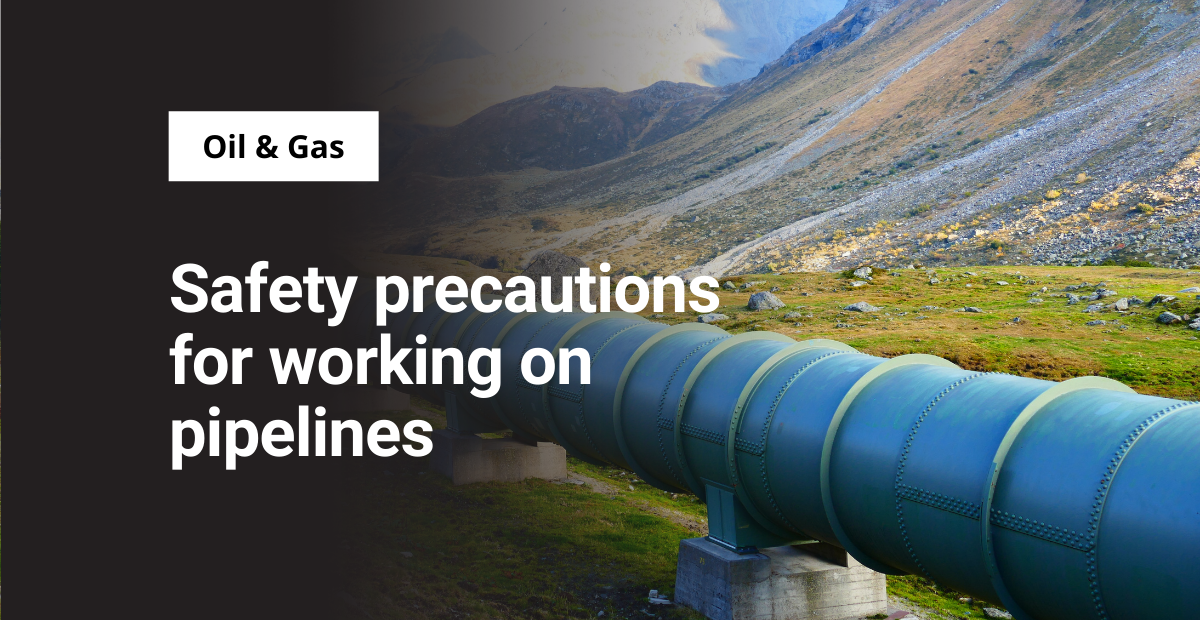There are a variety of aspects to pipeline safety and compliance. Each of them is designed to ensure the safety and compliance of different groups, including:
- The general public
- Surface landowners
- Pipeline company employees
- Other stakeholders.
The American Petroleum Institute provides general recommended practices for companies. API recommended practice 1173, often shortened to API RP 1173 is one of these guidelines.
It’s important to know that API 1173 is not a legal obligation. It’s simply a set of suggestions on how to meet both legal and other compliance requirements.
What does API 1173 include?
In brief, the API RP 1173 consists of the following areas of interest:
Leadership and management commitment: Make sure that everyone responsible for the system is engaged, takes it seriously, and understands what their role is.
Stakeholder engagement: Ensure that employees, contractors, surface landowners, regulatory authorities, the general public, and others all understand what they can or should do, who they can communicate with, and how to do it effectively.
Risk management: Identify potential problems and how to reduce or eliminate them.
Operational controls: Ensure that the pipeline and auxiliary facilities (pumping stations, gauging stations, etc.) reduce risks.
Incident investigation, evaluation, and lessons learned: Documenting and resolving incidents as well as near-misses.
Safety assurance: Make sure that the process and equipment required are fully functional as assessed through audits and evaluations. Address gaps or deficiencies by finding ways to improve existing processes and procedures.
Management review and continuous improvement: Ensure resources to implement and execute plans are available. Look for potential ways to improve and make sure that management understands the plan.
Emergency preparedness and response: Initiate a quick, efficent response when an incident occurs. Do this without risk for further escalation or loss of control.
Competence, awareness, and training: Make sure that the key stakeholders who carry out the plan thoroughly understand how to execute it.
Documentation and record-keeping: Make it clear to anyone in the operation (or third parties) exactly what is being done and by who.
Is API 1173 required or optional?
Each of these 10 areas requires you to implemement specific plans and processes. But as comprehensive as it is, API RP 1173 is more of a list of areas to work on than a list of things to do.
At the end of the day, this recommended practic requires you to execute on a lot of different areas. To streamline that process, many companies are turning to EHS solutions to digitize their workflows rather than relying on manual processes or spreadsheets.



